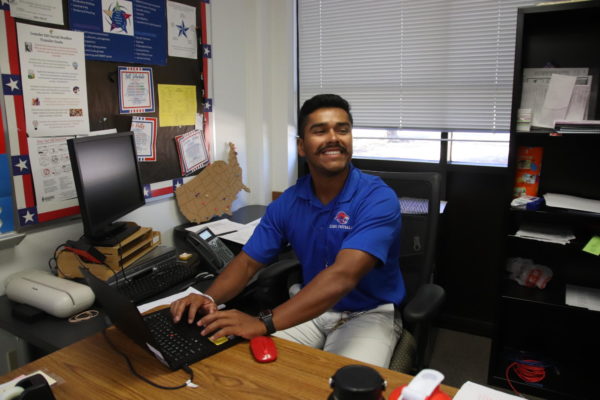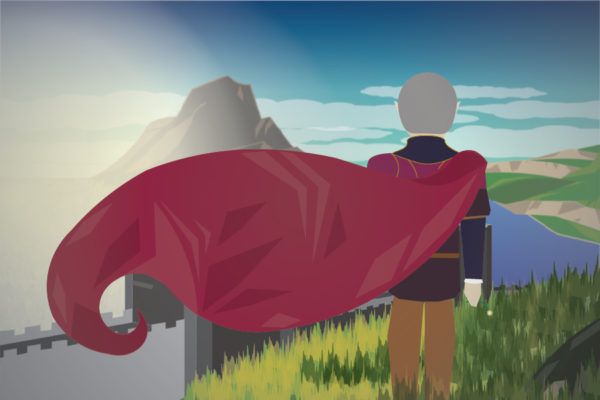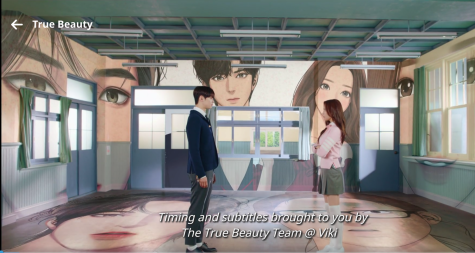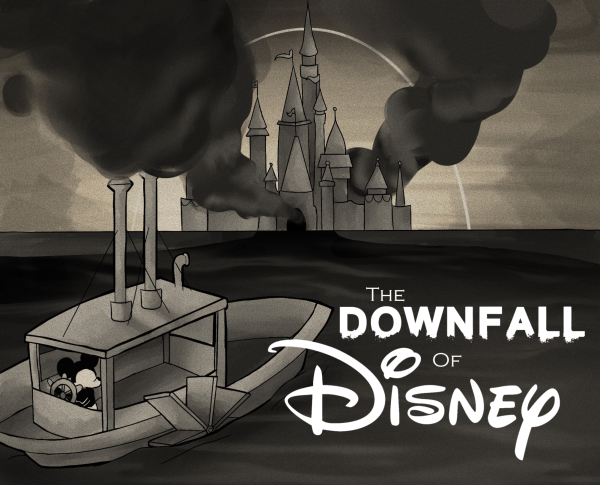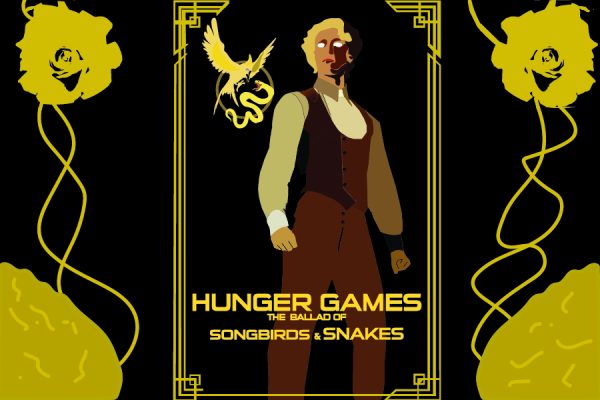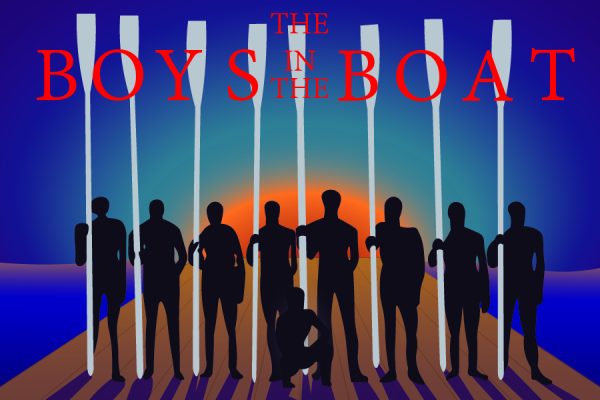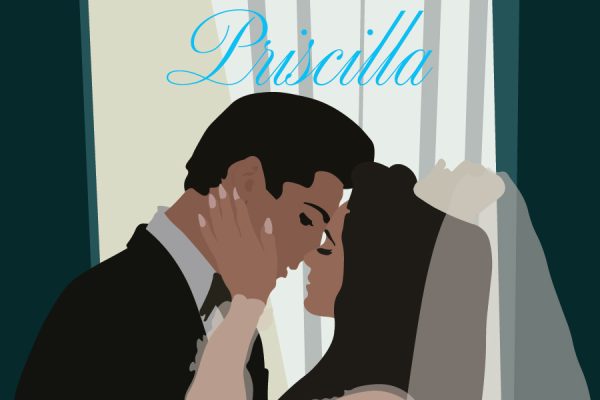Controlling Relationships Made Popular via Twitter
Hashtags indicate violent tendencies among teens
The first step in getting out of an abusive relationship is telling a trusted friend or adult.
It lurks behind smiling pictures of couples on Instagram. It disguises itself in the form of comedic hashtags on Twitter. What those pictures don’t show are the bruises she’s desperately hiding underneath her sweater. The tweets don’t tell that he’s not allowed to go anywhere without her permission.
The reality is, teen dating violence affects an estimated 1.5 million students nationwide. The numbers only continue to grow.
“[Teen dating violence] still exists,” Julie Goble, Director of Non-Resident Services at Hope Alliance, said. “People don’t realize what a serious problem it is.”
With the trending of hashtags such as #MyGirlfriendNotAllowedTo and #MyBoyfriendNotAllowedTo on Twitter, speculation and concern over teen dating culture has been brought to the attention of crisis centers such as Hope Alliance, which is dedicated to helping victims of domestic abuse and sexual assault.
“Social media colors how young people see relationships, how young men and women treat each other,” Goble said. “If teens don’t learn relationships at home, they model them after people on several forms of media. Abuse is almost always a learned behavior.”
Goble worries that the social ignorance when it comes to the stereotypical victim and abuser can lead to dangerous misconceptions.
“Domestic violence and abuse know no limit of race, color, gender, [or] socioeconomic status,” Goble said.
Goble offered helpful hints that could aid students in recognizing if they, or someone they loved, might be in an abusive relationship. Warning signs that serve as red flags are: put downs, name calling, extreme jealousy, constantly taking your phone to check it, not letting you hang out with your friends, always blowing up your phone to see where you are [and] never allowing you to be totally alone.
“So often people just don’t know about these signs,” Goble said. “If they sense them, they can sometimes feel guilty and wrong for having these thoughts about a person that they think they care about. They feel like they’re betraying their partner by believing they could do that to them.”
“Social media colors how young people see relationships, how young men and women treat each other.”
— Julie Goble, Director of Non-Resident Services at Hope Alliance
People often wonder and condemn a person for allowing themselves to be in an abusive relationship. Goble said the worst thing you can do is attack a victim in this way.
“People stay in [toxic] relationships because they believe that the abuse they’re receiving is their fault,” Goble said. “[Unfortunately,] the abuse only gets worse the longer the relationship goes.”
Abusers are also experts in manipulation. They either try to diminish the victim’s complaints by telling them that they’re overreacting, or they over-apologize, swearing they’ll never do it again.
“Abuse isn’t something you can see on a first date,” Goble said “They’re usually very charming in the beginning. They’ll buy you flowers, tell you that you’re their whole world.”
While a majority of victims are women, men are also victims of domestic violence. Usually for men, it comes in the form of emotional or psychological abuse.
“Men typically don’t feel like they can come to us for help or really show any emotion at all,” Goble said. “They don’t get support from their peers the same way women do.”
Thanks to crisis centers like Hope Alliance, there is hope for victims who feel they are trapped in an abusive relationship.
“For teens, it’s important to tell as many adult personnel as you can,” Goble said. “If you plant those seeds of trust in a victim, they have a better chance of getting help and getting out.”
The Hope Alliance Crisis Center, with it’s public office in Round Rock, caters to both women and men. For questions or concerns, visit their website. A crisis hotline is also available.
24-Hour Crisis Hotline: 1-800-460-SAFE (7233)
If a situation turns dangerous or life-threatening, call 911.

Claire is a senior and an assistant editor on the LHS Roar staff. She is the Co-President of Mu Alpha and an AP Ambassador. Claire is also involved in...







